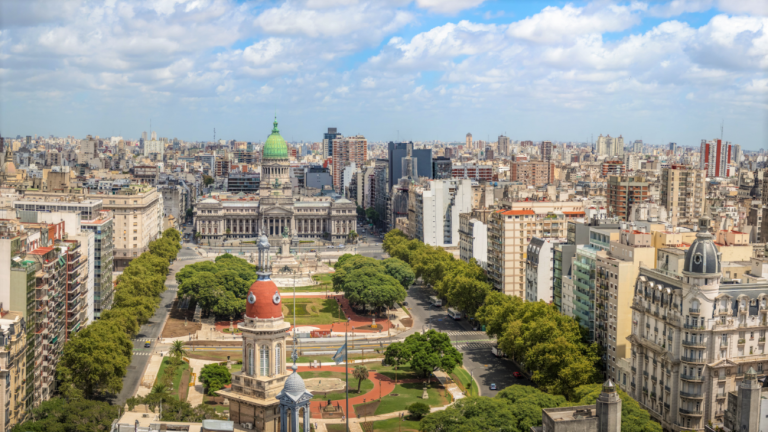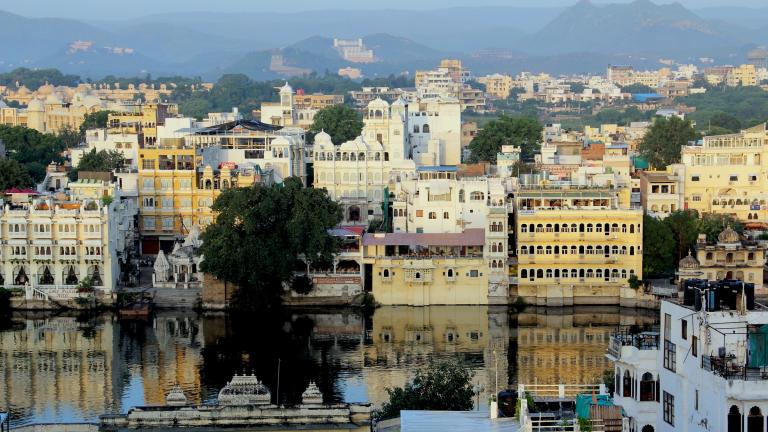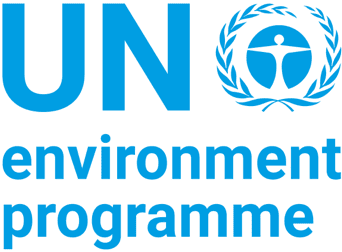Martina Otto
The United Nations Environment Programme (UNEP), established in 1972, is the voice for the environment within the United Nations system. UNEP acts as a catalyst, advocate, educator and facilitator to promote the wise use and sustainable development of the global environment. To accomplish this, UNEP works with a wide range of partners, including United Nations entities, international organizations, national governments, non-governmental organizations, the private sector and civil society.
UNEP’s work is categorized into seven broad, cross-cutting thematic areas: climate change, disasters and conflicts, ecosystem management, environmental governance, chemicals and waste, resource efficiency and environment under review. In all of its work, UNEP maintains an overarching commitment to sustainability.
With headquarters in Nairobi, Kenya, UNEP works through eight divisions, six regional offices, liaison and out-posted offices, plus a growing network of collaborating centers of excellence. UNEP also hosts several environmental conventions and secretariats.
UNEP’s Cities Unit is part of the Economy Division's Energy and Climate Branch. Contributing to the UN's system-wide strategy on sustainable urban development and the implementation of the New Urban Agenda, the Cities Unit focuses on the "Three D's": decarbonizing, decoupling and detoxifying. Its work centers on integrated approaches and is defined by the framework set forth in the International Resource Panel report Weight of Cities.
Staff & Experts
Meet the staff and experts from UNEP that form part of UrbanShift's team.
Projects
As an UrbanShift partner as well implementing agency, UNEP supports local interventions in Argentina, Brazil and India.

Argentina
One of the largest economies in South America, Argentina is home to 45.4 million people, of which 92% live in urban areas. UrbanShift is engaged in five cities in Argentina: Buenos Aires, Mar del Plata, Mendoza, Salta and Ushuaia.

Brazil
Brazil is the most biologically diverse country on the planet and the sixth most populous. Of its 212 million inhabitants, 87% reside in urban areas. UrbanShift supports three cities in Brazil: Belém, Florianópolis and Teresina.

India
India is one of the world’s fastest-growing economies and accounts for over 17% of the global population. UrbanShift works in five Indian cities: Chennai, Pune and Surat, as well as Agra and the Puducherry Union Territory.






